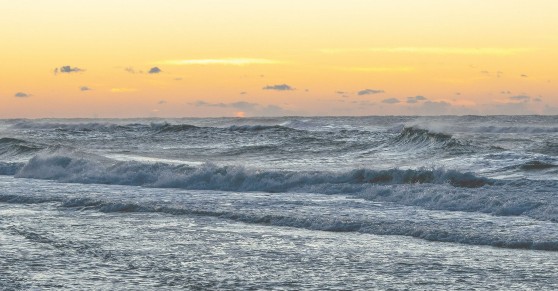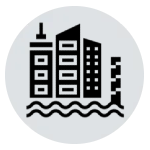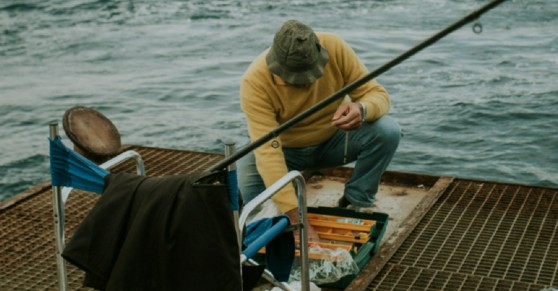Community and Social Vulnerability
Climate change and its associated rising and warming sea levels and intensifying weather events disproportionately impact coastal communities, including populations who are already vulnerable due to social or economic factors. NCCOS helps identify vulnerable coastal communities and how they are impacted by climate change. We examine an array of vulnerabilities: physical, structural, social, and economic, in relation to climate-related threats (storm surge, heat, drought, wildfire) to produce current and future cumulative impact assessments to our coastal communities. By quantifying future risk factors to vulnerable coastal communities and evaluating options to reduce this risk our work helps communities plan and act more equitably, mitigating the impact from climate change.
What We're Working On
Climate change will further impact vulnerable communities and infrastructure of coastal communities, as well as placing new portions of communities at risk. See highlights of recent projects and products NCCOS has developed to help aide in identifying vulnerable populations in vulnerable places.

Economic Impacts of Sea-Level Rise in the Northern Gulf of Mexico
Economic impacts with sea-level rise are described in this project along the coastal areas of the Florida panhandle, Alabama and Mississippi. Using future floodplains for five sea-level rise scenarios, we provide finely resolved economic impacts at the census block level.

Climate Change Vulnerability Assessment for Los Angeles County
This Integrated Vulnerability Assessment within Los Angeles County identified and assessed social, structural, and natural resource vulnerability profiles for three geographies: the entirety of Los Angeles County, a 10-mile coastal band, and urban areas.

Climate Vulnerability for Improved Adaptation in Chesapeake Bay Communities
The integrated vulnerability assessment framework is being used to evaluate the potential impacts of climate change on coastal communities’ social and environmental systems in order to aid planning for adaptation, restoration, and conservation.
Our Process
Our approach is focused at the community scale and relies heavily on community involvement. At this resolution we are able to incorporate high resolution data on future conditions with sea-level rise (e.g., storm surge, and flooding) and climate change (e.g., heat, drought), physical infrastructure data, and socio-economic data to produce results that identify populations and infrastructure most at risk due to climate change and potential actions communities can implement now for a more resilient future.

Start the Conversation

Explore Data

Assess Vulnerability

Identity Options

Guide Decision Making
Our Partnerships



